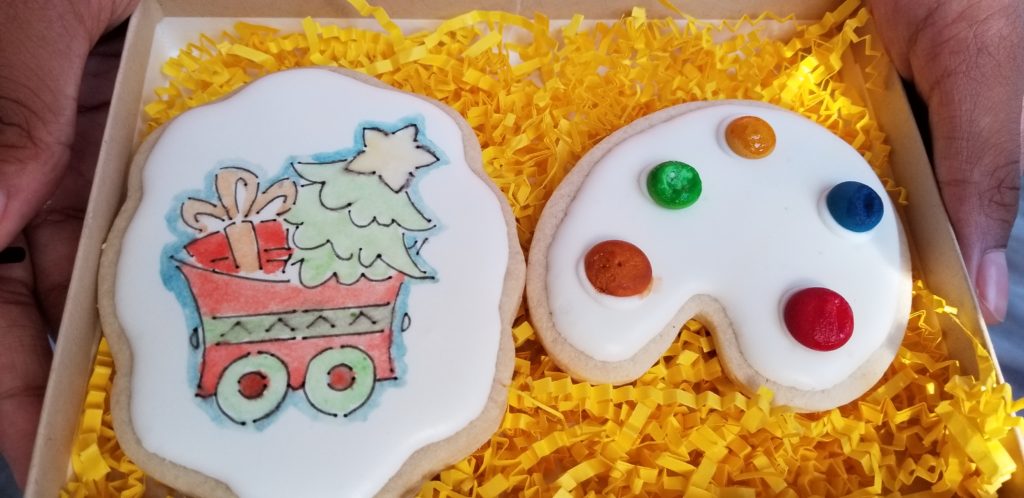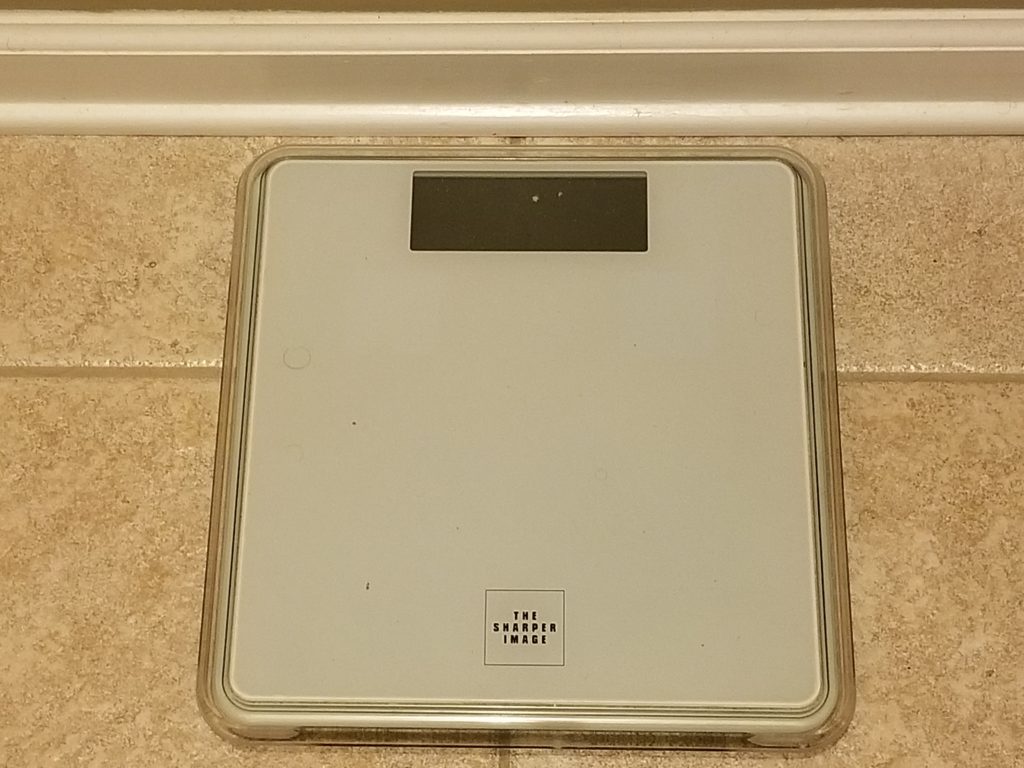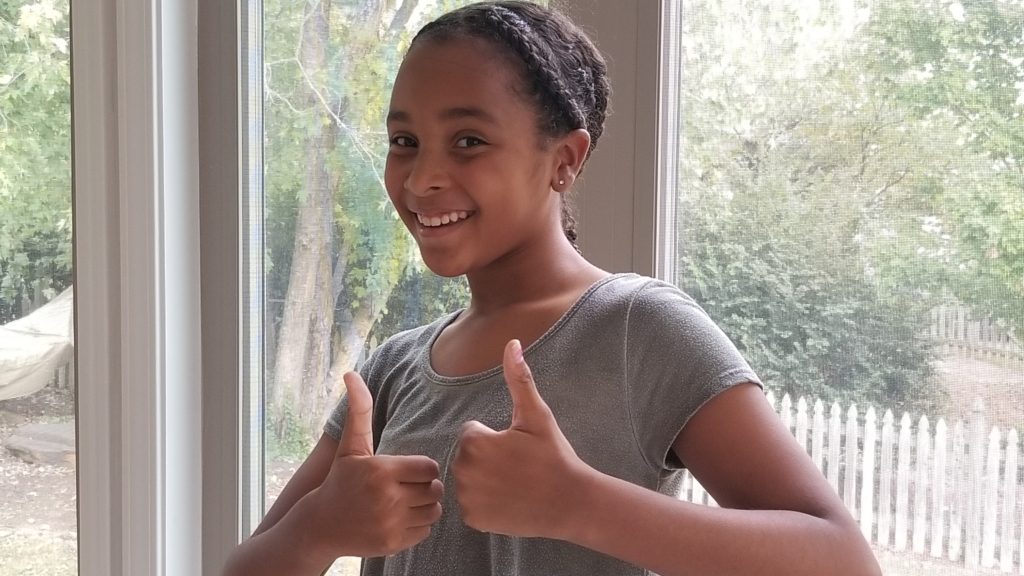Here we go, week 1 in this series on Holiday Weight Loss! Christmas is fast approaching and New Year’s Eve will be right behind, so what do we do to get ready? How do we enjoy the holiday without avoiding every cookie tray and candy display or do we just eat our way silly all the way to January 1?
We need a plan.

So that’s what we focus on this week. That old saying “If you fail to plan, you plan to fail” is true in this case. If we let our minds and mouths decide in the moment which temptations and treats to participate in, we’re going to eat most of the time. It’s normal: When your mind sees the pecan pie, you think, “That looks good!”, and your brain goes to work finding reasons why you should eat it. Your brain always looks for evidence to confirm what you think. So we have to get in front of our brains and give directions so we don’t get pulled in by all the holiday food distractions.

My sweet middle girl painted this cookie! So cute!
In order to do this, we’ve got to remember a few facts about how our brains react to the things that happen at this time of year. One I already mentioned – your brain looks for reasons to reinforce what you think. So if you’re not aware of innocent thoughts like “That looks delicious” or “I want some of that” or “I deserve a cookie”, you won’t know that your brain is making a case in the background for you to violate your eating plan. Then you wonder why you’re exhausted from trying to resist all the temptations and you keep giving in.
Two, willpower runs out. You can think of willpower like a muscle – it gets fatigued when you work it really hard. It can get stronger with practice, but it will run out at some point. So you need another way other than willpower to get through with your plan intact.
Three, your brain is easily distracted by new things. Novelty gets attention. When you see all the pretty colorful packages of candy wrapped up and topped with a bow or laid out in grandma’s crystal bowl that only comes out for Christmas, your brain is attracted and ignores that this is the same candy you can buy all year long in the stores, maybe just in different colors.
Fourth, your brain does not make good decisions in the moment. The amygdala (the primitive part of the brain) reacts instead of planning. So if you’re confronted with a treat and you have no plan, the amygdala jumps in to make the decision. And since it’s most interested in comfort and safety, it will generally decide that the sugar is a good idea, because it’s not looking into the future and thinking about what’s best for you later. It only worries about now. The forward-thinking part of your brain cares about you tomorrow and next month and next year, and that’s why a plan is so important!
And finally, your mind is very good at finding reasons for you to eat sugar. It will try to convince you how you can only get that kind of cake during Christmas, so you’d better eat it now (not true – you could make it later or save a piece until you add it to your plan). This is classic scarcity mentality – that’s why it works in marketing and we buy extra stuff, and it works to make us seat off plan too. Also, your brain likes sugar – it’s easy fuel and gives a strong dopamine reward signal, so it will seek more. So your brain records experiences in your past with cake and pie and candy as pleasant and asks for more, ignoring the unpleasant experience of feeling over-full, nauseous from the sugar load, or regretful when you watched the scale go up. So don’t be fooled!

So how do we make a plan to enjoy our holidays and not rely on exhausting our willpower? You have to answer one crucial question: What do you want? When you look forward to January, do you want to keep the scales from going up? Are you ok with 5 pounds of holiday weight gain? Do you want to keep to your plan with rare exceptions and keep watching the scales go down? How badly do you want to eat the holiday treats and meals?
Take some time here. It may be that you decide that the special ham with the crunchy sugar glaze is worth eating yourself into a coma over and taking a wrecking ball to your weight loss plan since you only eat it around Christmas, but if you take a moment to consider it, maybe not. You can actually get that ham all year round at any of the chain stores. And do you really want to eat loads of it, or would a couple of slices be enough? What do you want to do when you get to Christmas dinner? It may be that you want to face-plant into all the special foods you (or someone else!) prepared and you’re good with what comes afterward. Great – write that plan down! You may decide that you want to have some red and green peanut m&m’s because you love having those during the holiday. Ok, write it down and make a plan for how much and how often you’ll have them. Maybe you have to have a slice of sweet potato pie after Christmas dinner. How are you going to make sure you plan your meal so you have enough room to comfortably enjoy that pie? It won’t taste as good if you’re stuffed. Maybe you eat it first. Make your plan and write it down.

You get the point. You get to decide what treats and decisions you make. The key is to use the higher part of your brain to do it and to honor your plan. Your prefrontal cortex makes good decisions, thoughtful ones that think ahead to the best results, so spend some time planning so you don’t react when new treats pop up. And be realistic – don’t plan to have a salad for Christmas dinner while everyone else eats mashed potatoes and gravy. Or decide that you’ll never eat any holiday candy in the office. Give it some thought and make a plan for what will get you what you really want. And I’ll say it again – honor your plan. This is how you build trust in yourself. This is how you learn to eat what you way you will and feel proud when you do what you promised. This propels you toward success much better than beating yourself up after eating off-plan. Be kind to you. No matter how imperfectly you eat, you’re worthy of love and care. We keep going and planning and doing better and we leave the mistakes in the past after we’ve learned from them. Every misstep or off-plan moment is a chance to learn, so we can keep getting better. You’ve got this!

And if you want to meet me on YouTube and get more support on this, come watch this week’s video and help yourself stay on track! The series intro AND week one are up!
